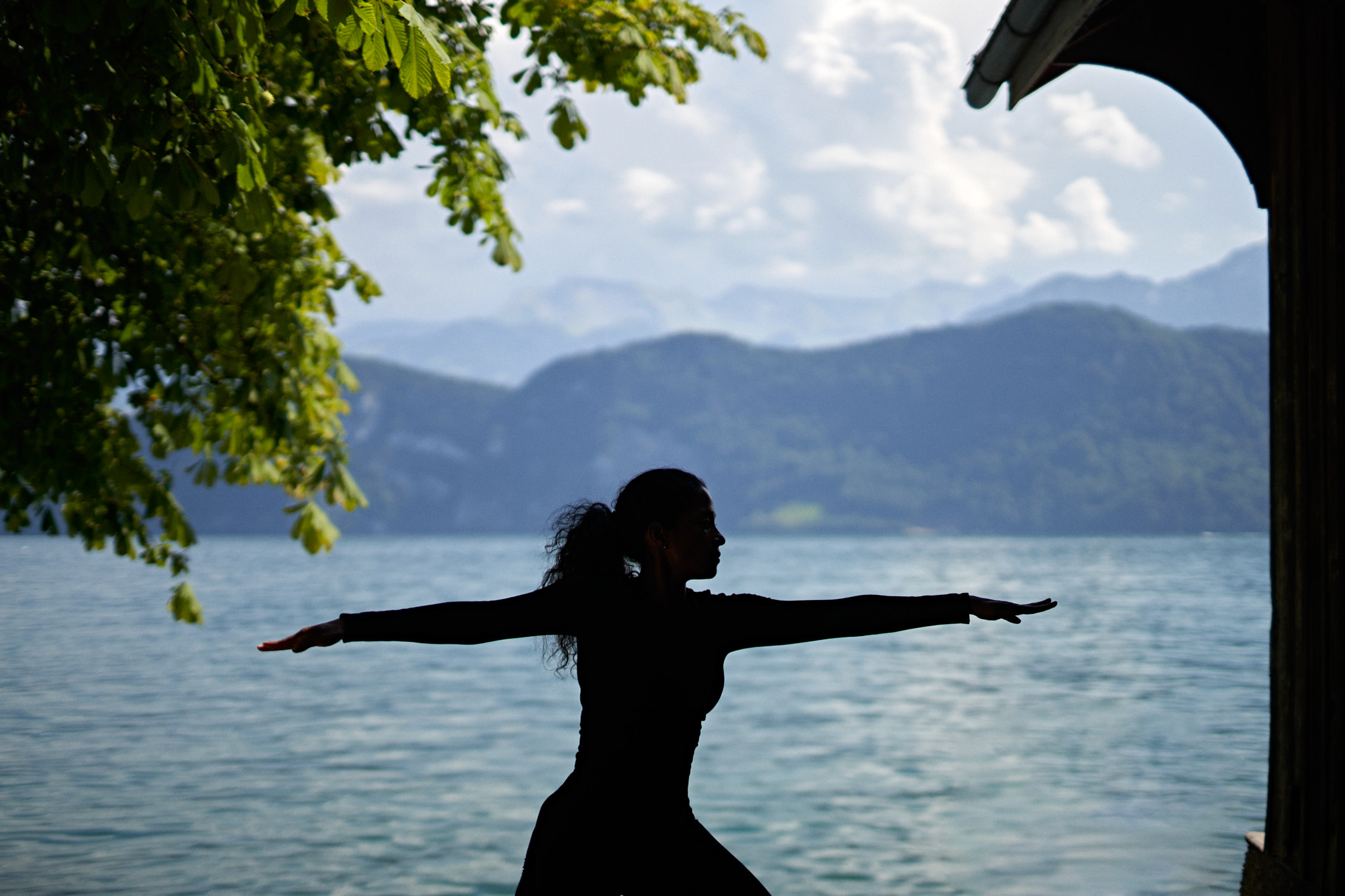The Chinese secret to preserving youth and health lies in an ancient practice, passed down through the generations for thousands of years: Qigong. With its roots dating back to the Shang Dynasty (1600-1046 B.C.), Qigong aims to restore and maintain health, slow down ageing, and protect against injury – using only the power of the mind.
The interview with Traditional Chinese Medicine specialist Dr Igor Mićunović:
2023 marks my 22nd year of practicing Qigong. As a teenager, I searched for peace, physical fitness, emotional and mental stability, and spiritual empowerment. I found what I was looking for when I enrolled at the Tianjin University of Traditional Chinese Medicine in China and started learning Qigong. As I slowly developed my understanding of Qigong, the only constant has been my transformation.
So, what is Qigong?
The name is a combination of two words: qi, which translates variously as life force, spirit breath, air, or oxygen; and gong, which translates as work, skill or accomplishments. In essence, Qigong is a life energy workout.
Qigong practice corresponds to three categories: people, soldiers or athletes, and spiritual people, such as monks and priests. Qigong is broadly divided as Medical Qigong, Martial Art Qigong, and Spiritual Qigong. The largest category is Medical Qigong, a self-healing and preventive aspect of Traditional Chinese Medicine (TCM) that consists of exercises which aim to slow ageing, improve vitality, prevent disease and cure illness.

Medical Qigong exercises stimulate the autonomic nervous system, eliminating fatigue, and gradually all bodily functions become fully restored. Qigong meditation is the basic training for developing the mental control to move your qi.
Qigong isn’t simply a set of forms, meditations, exercises and breathing techniques, however. It is a lifestyle choice. In my own experience, Qigong practice makes me a better man: my concentration is sharper, my health is robust, and I have an inner peace. I do not feel attached to external objects, meaning I do not develop desires and their associated anguish. My lifestyle is healthier and I make considered decisions. It could be described as a life without suffering, achieving balance and following the laws of the cosmos.
Through my work teaching Medical Qigong at Chenot Espace, I have been thrilled to witness its transformative effects on our guests. One came to us as an antisocial, anxious, exhausted and highly stressed individual with chronic lumbar pain. After three days of practicing Qigong with me, his posture, demeanour and breathing rhythm improved. By day seven, his lumbar pain had disappeared and his humour and generosity of spirit had returned. He resolved to continue practicing Qigong daily, and two years later he visited us again and we saw he had lost a great deal of weight and looked years younger. It is no exaggeration to say that Qigong has changed his life.
Unsurprisingly, Qigong attracts a devoted following, with Oprah Winfrey, Jet Li, Catherine Zeta Jones and Will Smith, as well as King Charles III, among its most famous practitioners. As Master Chunyi Lin writes: “Practicing Qigong is so simple and so powerful. You cannot do it wrong. You can only do it good, better or best.”
Dr Igor Mićunović is the Energetic Doctor at Chenot Espace, One&Only Portonovi in Montenegro.
